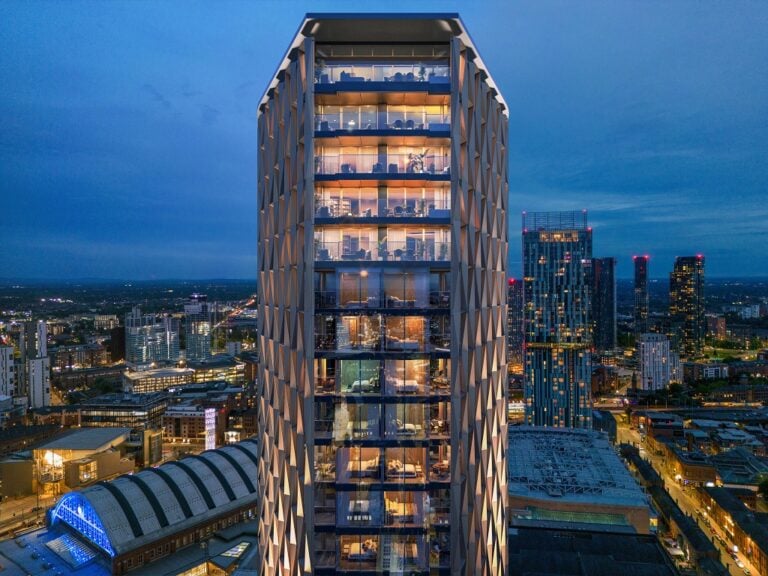For buyers and investors considering their next property purchase location, new figures show that the strongest performing markets can still be found in the north-west and the Midlands.
HomeTrack’s latest cities house price index for June has revealed a few changes in the UK’s property market, including a small increase in London’s three-month growth rate figures indicating the housing sector in the capital may be stabilising after several months of decline.
However, what hasn’t changed is the strength of the property markets in cities in the north-west and the Midlands, which have been outpacing the rest of the country for several months, and look set to keep up their above average performance.
Manchester, Liverpool and Birmingham on top
Manchester came out on top for two major factors in the index – it achieved the highest annual house price growth rate out of any city in the UK of 7.4%, while also recording the smallest gap between asking price and selling price in the country at 2.2%, which continues to shrink as the city keeps gathering momentum and popularity.
[crb_image link=”https://www.buyassociationgroup.com/en-gb/advice/property-investment-starter-course/” image=”https://cdn2.hubspot.net/hubfs/1717782/Asset_Store/WebCTA/cta.jpg” align=”left”]
Also flying the flag for the north-west, Liverpool was the next best city in terms of house price growth annually between June 2017 and June 2018, with a 7.2% rise, followed by Birmingham with 6.8%. House prices in the three regional cities remain relatively affordable, with Manchester property now costing an average £166,100 according to HomeTrack, while Liverpool houses sell for a typical £121,900 and Birmingham for £161,200, providing an ideal starting point for first-time buyers and investors in particular.
On average, UK city house price inflation on an annual basis was 4.6%, with prices increasing by 4.4% over the first half of 2018.
Market expected to remain stable
The report says: “We expect current trends to continue into the second half of 2018 as housing market forces continue to play out against the backdrop of rising employment and low mortgage rates.”
In London, while HomeTrack expects weak house price growth to continue, the discount from original asking price is shrinking which is positive news for sellers, while the city’s annual growth rate has just emerged into positive territory at 0.7%, although many of the capital’s postcodes continue to see falls.
The main factors that are expected to affect the housing market over the course of the next few months are the timing and scale of any mortgage rate hikes, as well as Brexit negotiations which will continue to create a certain level of disturbance until the exit date in March 2019.
See our investments page for our opportunities in Manchester and Birmingham.










